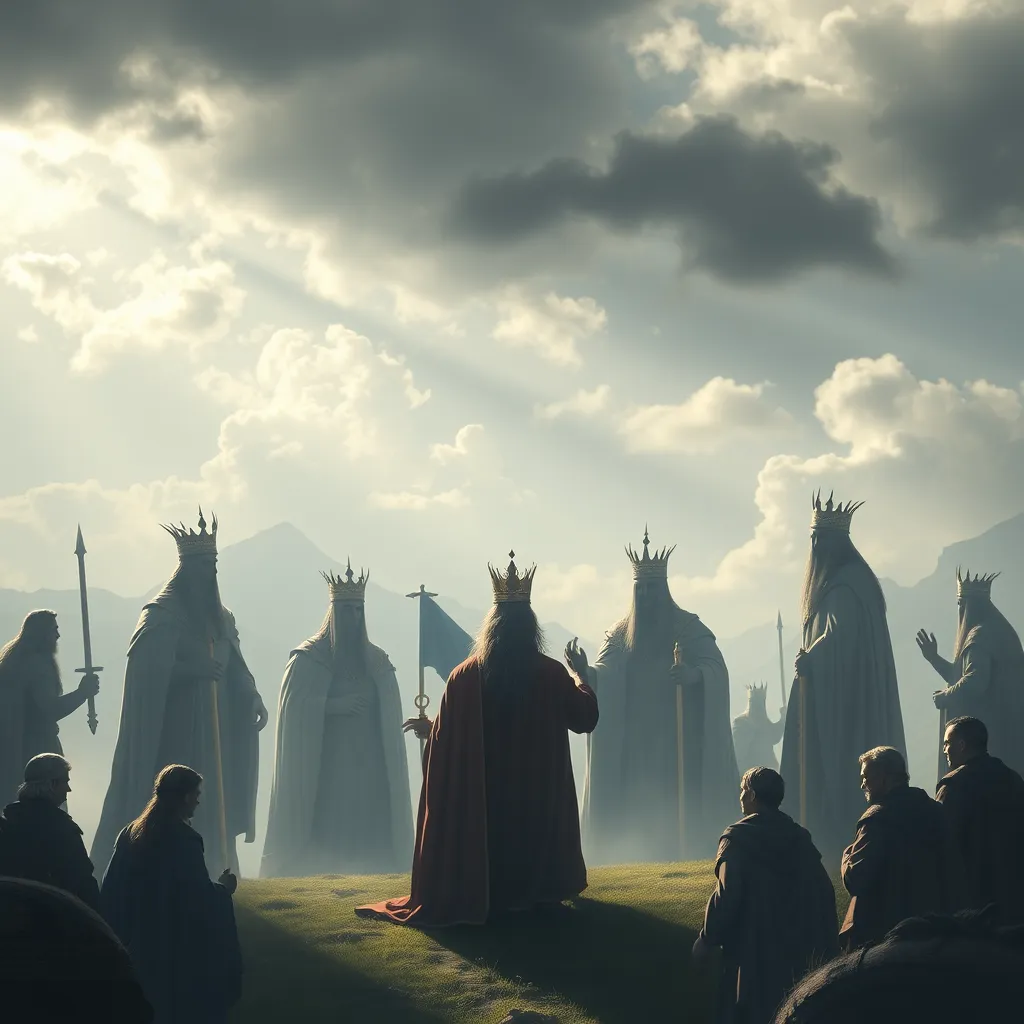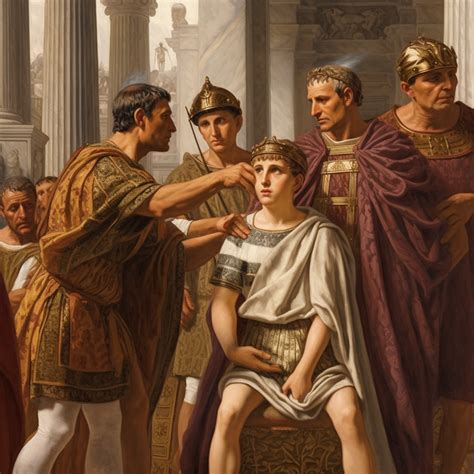
The seven bowls introduced in Chapter 15 announced Babylon’s fall, and Chapters 17 and 18 explain the circumstances of her fall in detail. All who love the power, idolatry, and riches of the world exemplified by the “great city” will see their dreams destroyed before their eyes. Chapter 18 hasn’t introduced more judgments but has highlighted certain aspects of the seals, trumpets, and bowls.
(*Scripture verses are from the NIV unless otherwise noted)
Chapter 17
15 Then the angel said to me, “The waters you saw, where the prostitute sits, are peoples, multitudes, nations and languages.
6 The beast and the ten horns you saw will hate the prostitute. They will bring her to ruin and leave her naked; they will eat her flesh and burn her with fire.
17 For God has put it into their hearts to accomplish his purpose by agreeing to hand over to the beast their royal authority, until God’s words are fulfilled.
18 The woman you saw is the great city that rules over the kings of the earth.”
Rev 17:15
The waters you saw, where the prostitute sits, are peoples, multitudes, nations and languages:

Isaiah 17:12 Woe to the many nations that rage— they rage like the raging sea! Woe to the peoples who roar— they roar like the roaring of great waters! 13 Although the peoples roar like the roar of surging waters, when he rebukes them they flee far away, driven before the wind like chaff on the hills, like tumbleweed before a gale.
Rev 17:16
And the ten horns that you saw, they and the beast will hate the prostitute. They will make her desolate and naked, and devour her flesh and burn her up with fire:
The Achilles heel of evil is that it is forever self-destructive. Like fragile glass slammed against solid rock, every power that sets itself up against Christ will, in the end, shatter itself on the Cross.
Isa 47:3 Your nakedness will be exposed and your shame uncovered. I will take vengeance; I will spare no one.”
Jer 13:26 I will pull up your skirts over your face that your shame may be seen— 27 your adulteries and lustful neighings, your shameless prostitution! I have seen your detestable acts on the hills and in the fields. Woe to you, Jerusalem! How long will you be unclean?”
Ezek 16:37 …therefore I am going to gather all your lovers, with whom you found pleasure, those you loved as well as those you hated. I will gather them against you from all around and will strip you in front of them, and they will see you stark naked.
Rev 17:17
God has put it into their hearts to carry out his purpose:
Rome and Jerusalem continued their march to destruction. Josephus gives an eyewitness account detailing the tragic slaughter of the Jews and the razing of Jerusalem in his work “Wars of the Jews,” Books 5-7.
5:5:1 – While the holy house [the Temple] was on fire, everything was plundered that came to hand, and ten thousand of those that were caught were slain; nor was there a commiseration of any age, or any reverence of gravity, but children, and old men, and profane persons, and priests were all slain in the same manner; so that this war went round all sorts of men and brought them to destruction, and as well those that made supplication for their lives, as those that defended themselves by fighting. The flame was also carried a long way, and made an echo, together with the groans of those that were slain; and because this hill was high, and the works at the temple were very great, one would have thought the whole city had been on fire. Nor can one imagine anything either greater or more terrible than this noise, for there was at once a shout of the Roman legions, who were marching all together, and a sad clamor of the seditious, who were now surrounded with fire and sword... 5:9:3 Now the number of those that were carried captive during this whole war was collected to be ninety-seven thousand; as was the number of those that perished during the whole siege eleven hundred thousand…
Edward Gibbon in his History of the Decline and Fall of the Roman Empire, Chapter XXXI, outlines step by step the invasion of the Empire by Germanic tribes from the north and east, and Rome’s eventual fall to the occupation of foreign kingdoms who for centuries had lustfully eyed the Empire’s riches and hated her dominating power.
Rom 9:18 [NLT] So you see, God chooses to show mercy to some, and he chooses to harden the hearts of others so they refuse to listen. 19 Well then, you might say, “Why does God blame people for not responding? Haven’t they simply done what he makes them do?” 20 No, don’t say that. Who are you, a mere human being, to argue with God? Should the thing that was created say to the one who created it, “Why have you made me like this?” 21 When a potter makes jars out of clay, doesn’t he have a right to use the same lump of clay to make one jar for decoration and another to throw garbage into? 22 In the same way, even though God has the right to show his anger and his power, he is very patient with those on whom his anger falls, who are destined for destruction. 23 He does this to make the riches of his glory shine even brighter on those to whom he shows mercy, who were prepared in advance for glory.
Rev 17:18
The woman you saw is the great city that rules over the kings of the earth”:
In John’s era, the only “great city” that held power over most of the known world was mighty Rome. But in the end, even that ancient empire crumbled and collapsed. Romulus Augustus (c. 460 – possibly still alive as late as 507) is considered by most scholars to be the last Roman emperor of the West. His short reign lasted from October 475 until September 476. Known derisively as Augustulus (little Augustus), Romulus was deposed by Odoacer, a Germanic chieftain 1. Odoacer sent the boy king to live in a great fortress in Campania, after which Romulus disappeared from the historical record. His removal in 476 traditionally marked the end of the Roman Empire in the West, the end of Ancient Rome, and the beginning of the Middle Ages in Western Europe.

Footnotes
- Historians debate Odoacer’s precise ethnic origins. Some scholars believe he arose from the empire of Attila, the Hun. Most scholars consider him to be at least partly of Germanic descent, while others argue he was entirely Germanic. Early medieval sources such as Theophanes and Marcellinus Comes called him a Goth, a Germanic people who originated in southern Scandinavia, and harassed the Roman Empire for centuries. ↩︎
*All Scripture quotations, unless otherwise indicated, are taken from the Holy Bible, New International Version®, NIV®. Copyright ©1973, 1978, 1984, 2011 by Biblica, Inc.™ Used by permission of Zondervan. All rights reserved worldwide. www.zondervan.comThe “NIV” and “New International Version” are trademarks registered in the United States Patent and Trademark Office by Biblica, Inc.™





